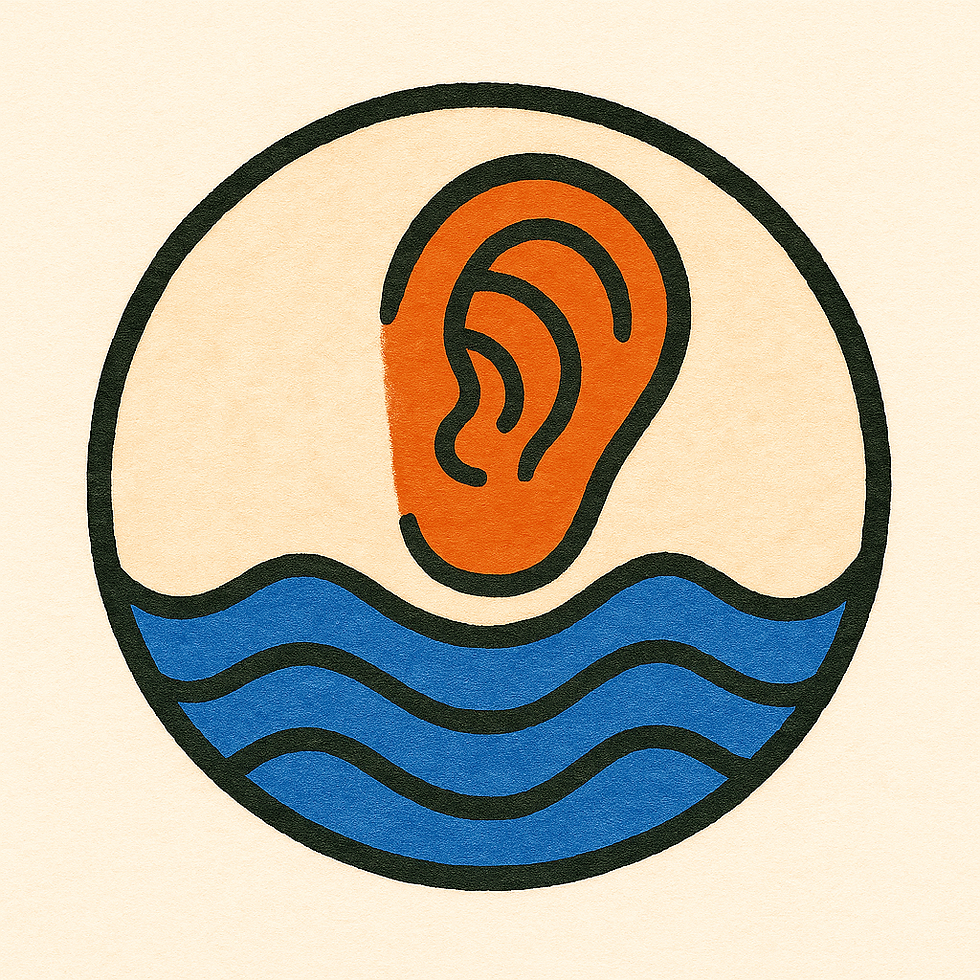Beyond Checklists: Why Therapy Is Not a Test
- Jimmy Barker
- Aug 17, 2025
- 2 min read
Updated: Sep 2, 2025
When Healing Gets Reduced to Numbers
If you’ve ever started therapy, you may have been handed a form or questionnaire: rating your mood, your sleep, your energy on a scale of one to ten. These kinds of assessments, like the PHQ-9 or GAD-7, are common in medical or agency settings. They’re designed to measure symptoms, track progress, and provide numbers that can be compared over time.
For some, these forms can be helpful. They can give language to what feels hard to describe, or create a starting point to talk about anxiety, depression, or other struggles. But for many, being reduced to a score can feel limiting, like the complexity of your life is being squeezed into boxes that don’t really fit.
More Than a Label
The truth is, human experience doesn’t fit neatly into numbers. Our pain, our hopes, our struggles, these are not things that can be fully captured on a form. When therapy leans too heavily on assessments, there’s a risk of missing what actually matters: the story underneath, the meaning behind the symptoms, the you who exists beyond a diagnosis.
Instead of labeling, I believe in creating a space where your whole experience is welcome, without rushing to categorize it. Therapy works best when it feels safe enough to be messy, honest, and real.
Therapy as Relationship, Not Procedure
At the heart of therapy is relationship. What heals isn’t technique but the quality of contact: empathy, unconditional regard, and authenticity. These aren’t things you can measure on a scale, but they make all the difference in feeling seen and understood.
My approach is rooted in that belief. I see therapy not as a set of procedures but as a living, collaborative process. You bring your story, your struggles, and your hopes. I bring presence, curiosity, and care. Together, we find meaning in what’s happening not by forcing it into categories, but by listening closely to what emerges.
Listening Beneath the Surface
One of the ways I work with clients is through Focusing, a somatic practice of slowing down and listening to the body’s “felt sense.” This is more than just noticing a feeling like sadness or anxiety; it’s paying attention to the subtle, often wordless sense of “something there.” When we give it space, it often reveals new understanding, clarity, and movement forward.
This way of listening honors complexity instead of flattening it. It makes room for the unspoken parts of experience that checkboxes can never reach.
A Different Way Forward
If you’re looking for therapy in East Los Angeles and worry about being judged, labeled, or put into a box, know this: there are approaches that honor your uniqueness. Therapy doesn’t have to start with a score. It can begin with a conversation, marked by presence, and the experience of being fully received.
Healing isn’t about fitting into a category. It’s about discovering what your experience means for you, and finding the next step forward in your own voice. If you'd like to have a free, no pressure consultation call, please contact me.




